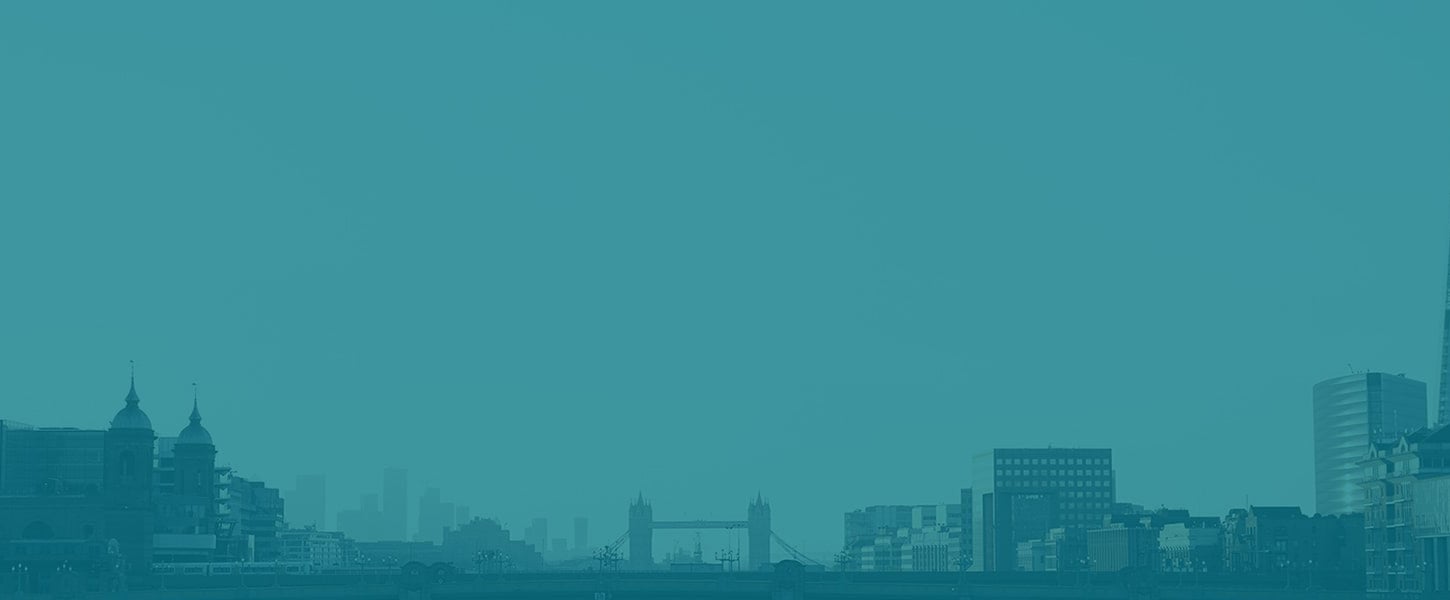The future generation of energy in Ireland has sparked much political debate and dominated news flow in recent times. Will data centres hinder or help Ireland’s plans for a green energy future? Industry leaders Mark Foley, CEO of EirGrid, Niall Molloy, CEO of Echelon Data Centres, and Ross Moore, Head of the Energy, Infrastructure & Natural Resources at A&L Goodbody, joined us to discuss the future of the country’s energy. Here we present our key takeaways from the webinar.
1. The regulatory environment is undergoing an unprecedented level of activity
The European Union’s (EU’s) Green Deal establishes an ambitious package of measures ranging from cutting greenhouse gas emissions to preserving Europe’s natural environment. In July 2021 the European Commission adopted ‘Fit for 55’ as part of the European Green Deal – its new 55% greenhouse gas reduction target for 2030. Fit for 55 also proposes to introduce several new proposals that will see reforms to emissions trading and energy taxation. Domestically, too, the Irish government is implementing EU measures as well as driving its own policy agenda. In recent months, the country’s ambitious Climate Action Act was signed into law – it sets the 2050 objective of carbon neutrality and a 51% reduction in emissions by the end of this decade. In addition, the publication of the first approved carbon budget, sectoral emissions ceilings and sectoral adaptation plans, which will apply to different sectors of the economy, are imminent. This will create obligations and objectives not only for government departments but local authorities and other prescribed bodies too. Indeed, these regulatory and legislative regimes will help secure Ireland’s energy future for the next decade.
2. Winds of change: offshore generation can play a key role in our future
Ireland has exceptional untapped wind resources, particularly offshore – and it can play a key role in helping to deliver the country’s 2030 targets and its objective of net-zero emissions by 2050. Offshore wind generation has the potential to deliver staggering volume as well as price points.
In addition, the Maritime Area Planning Bill, which is continuing its way through the Irish legislative process, will create new consenting processes for offshore renewable energy infrastructure.
3. Data centres are fundamental to our digital infrastructure – and can be an integral part of our sustainable future
Data centres provide critical infrastructure for our internet-reliant society – from online banking and social media to working from home – and in turn, add to the country’s overall total energy use. Some believe there is a connection between the recent demand and supply issues and the development of data centres. But as our panellists noted electrical offers that come out of large data centres include ‘flexible demand’ – that is, the grid can switch off at peak times. Indeed, it is up to data centre providers and operators to ensure they have appropriate energy centres and back up facilities. For example, Echelon’s schemes have large gas-fired back up plants that will power them in times when they are powered down.
What’s more, as consumers of renewables, data centres can be part of our sustainable future.
4. Collaboration is key
The complex challenge of significant demand growth and greening the system requires collaboration. This could be done by data centres locating in areas where the grid is strong, thereby avoiding congestion, and providing back-up gas generation. That way, data centres could fuel themselves and support the grid at times when it is necessary.
5. A revolution, not an evolution
We need to transform the power system for future generations. That said, it is likely the lives of existing fossil fuel plants will need to be extended as part of the energy transition. But with renewables firmly on the agenda, as soon as offshore wind is on the system, the more likely these contingency measures will only be deployed in emergency situations.
If you like to discuss this topic further or access the full recording of the webinar, please contact [email protected]









